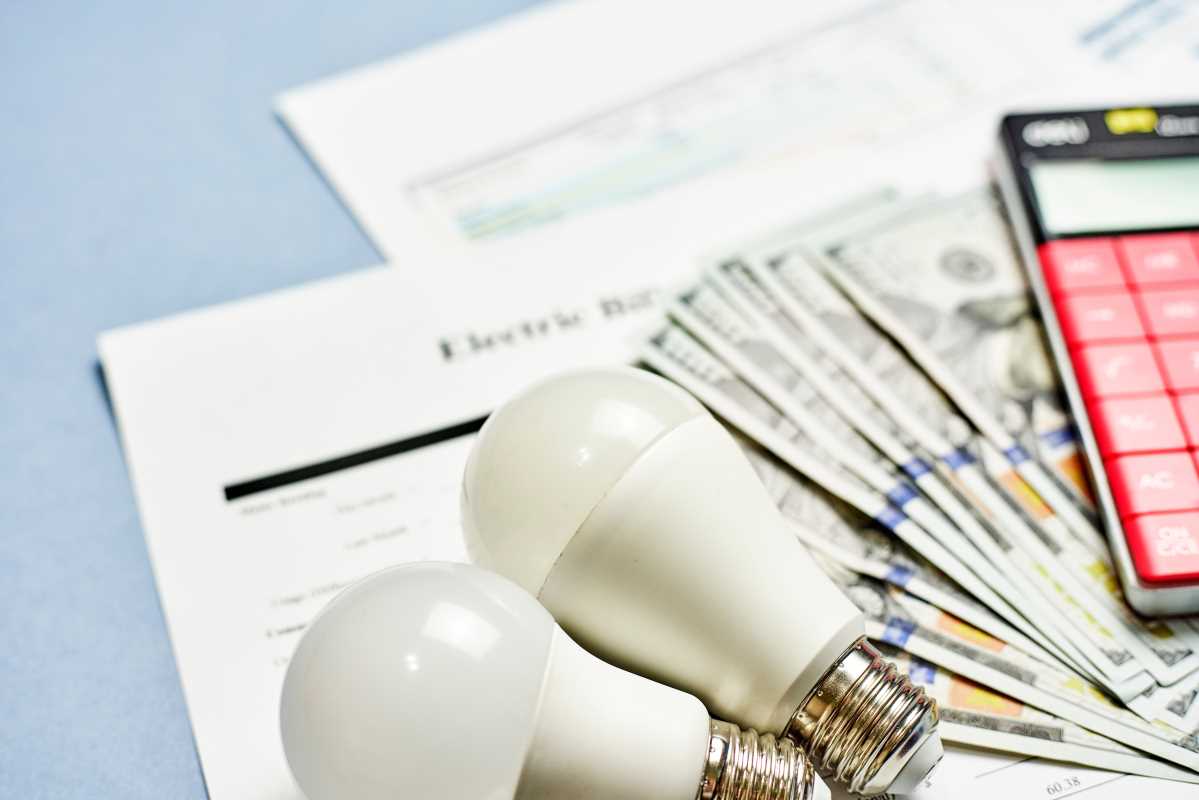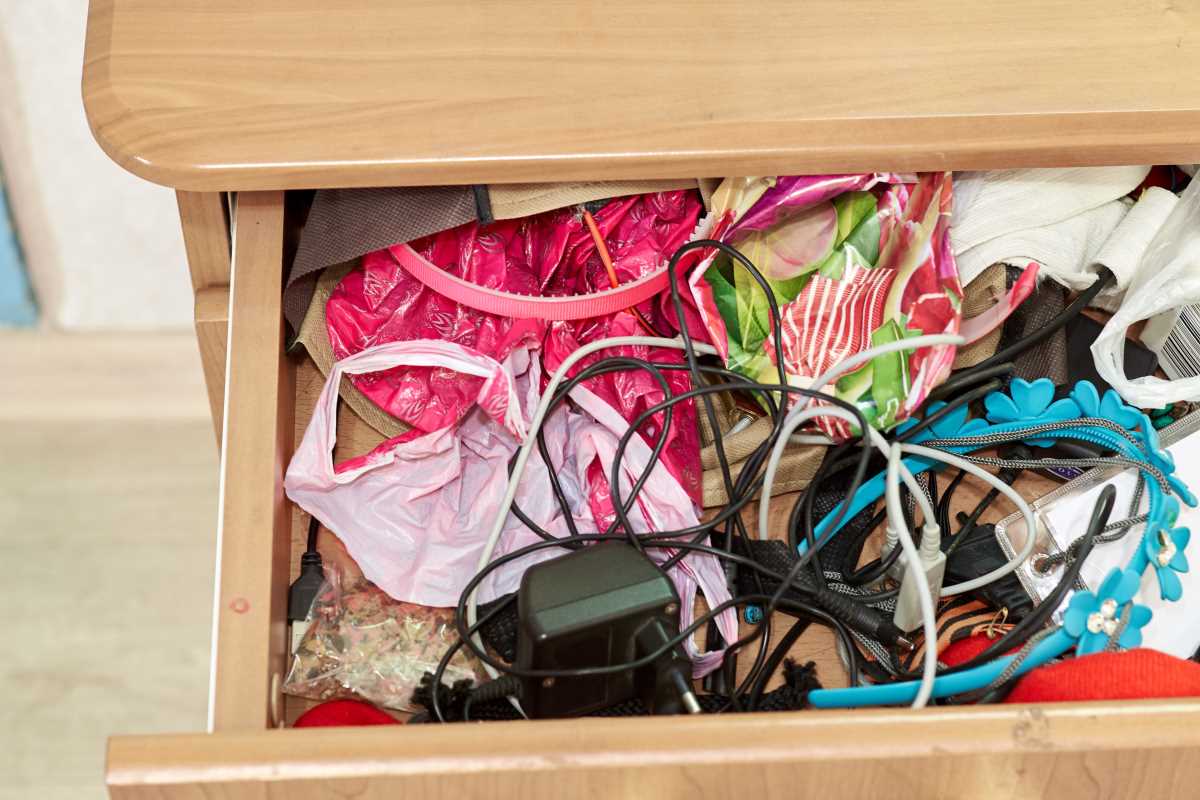Utility bills are a consistent and often significant expense in every household's budget. Many people assume that costs for electricity, water, and heating are fixed and beyond their control. The truth is that you have more power over these expenses than you might realize. With a few strategic changes to your home and daily habits, you can save a surprising amount of money every month. The best part is that this doesn’t require drastic sacrifices. It’s about smarter decisions that reduce consumption without compromising comfort. From upgrading appliances to simple behavioral changes, there are plenty of ways to make a difference. This guide provides practical, expert-approved tips to lower your utility bills and keep more money in your wallet.
Small Changes, Big Savings: Low-Cost Energy Savers
You don't need to make a huge investment to start seeing a difference in your energy bills. Many of the most effective strategies are simple, low-cost changes you can implement this weekend. These small actions create a foundation for long-term savings.
Tame "Vampire Power"
Many of your electronic devices continue to draw power even when they are turned off. This phenomenon, known as phantom load or vampire power, can account for up to 10% of your home's electricity use.
- Use Smart Power Strips: Unplugging every device is not always practical. A smart power strip can do the work for you. It automatically cuts power to devices that are in standby mode, eliminating energy waste without any extra effort on your part.
- Unplug Chargers: Chargers for phones, laptops, and other devices are major culprits. They continue to pull electricity as long as they are plugged into the wall, even if no device is connected. Get into the habit of unplugging them once your device is fully charged.
Optimize Your Lighting
Lighting is another area where small adjustments can yield significant savings. Upgrading your bulbs and using them more efficiently are easy wins.
- Switch to LEDs: If you haven't already made the switch, now is the time. LED bulbs use at least 75% less energy and last 25 times longer than traditional incandescent bulbs. This upgrade pays for itself quickly through lower energy bills and fewer replacement purchases.
- Rely on Natural Light: Make the most of daylight. Open your blinds and curtains during the day to light your home naturally. This simple habit can reduce your reliance on artificial lighting and lower your electricity consumption.
Strategic Upgrades for Year-Round Efficiency
While small changes are important, investing in strategic home upgrades can lead to the most significant long-term savings. These improvements make your home fundamentally more efficient, reducing your energy needs every single day.
Master Your Home's Temperature
Heating and cooling typically account for the largest portion of a home's energy use. Taking control of your thermostat and ensuring your home is properly sealed are the most impactful steps you can take.
- Install a Smart Thermostat: A smart thermostat is a game-changer for energy savings. It learns your schedule and preferences, automatically adjusting the temperature to save energy when you're asleep or away. This device can cut your heating and cooling costs by 10-15% annually, often saving hundreds of dollars.
- Seal Air Leaks: Your home can lose a tremendous amount of heated or cooled air through small cracks and gaps around windows, doors, and electrical outlets. You can use weatherstripping and caulk to seal these leaks. This is a low-cost DIY project that offers an immediate return on your investment.
- Check Your Insulation: Proper insulation, especially in your attic, is crucial for maintaining your home's temperature. It keeps heat in during the winter and out during the summer. Check that your insulation is adequate and add more if needed to prevent energy waste.
Reduce Your Water Usage
Saving water doesn't just help the environment; it also lowers two utility bills at once. You'll reduce your water bill and your energy bill, as less water needs to be heated.
Fix Leaks Promptly
A small drip can waste a surprising amount of water. A faucet that drips just once per second can waste more than 3,000 gallons of water per year.
- Check Faucets and Toilets: Routinely inspect your faucets for drips. You can check your toilet for a silent leak by adding a few drops of food coloring to the tank. Wait about 15 minutes without flushing. If the color appears in the bowl, you have a leak that needs to be fixed.
Install Water-Efficient Fixtures
Modern fixtures are designed to use significantly less water without sacrificing performance. These are easy upgrades that provide continuous savings.
- Low-Flow Showerheads and Faucet Aerators: Installing low-flow fixtures is one of the most effective ways to reduce water consumption. A water-saving showerhead can reduce your shower's water use by 40% or more. Faucet aerators are inexpensive screw-on tips that reduce water flow from your sinks.
- Wash Full Loads: Make it a rule to only run your dishwasher and washing machine when they are completely full. These appliances use roughly the same amount of water and energy regardless of the load size, so maximizing each cycle is key to efficiency.
Smart Habits for the Kitchen and Laundry Room
Your large appliances are major energy consumers. Using them more thoughtfully can lead to noticeable savings on your utility bills.
Optimize Your Appliance Use
Simple adjustments in how you use your appliances can reduce their energy draw without changing your daily routine.
- Use Cold Water for Laundry: About 90% of the energy used by a washing machine goes toward heating the water. Switching to cold water for most loads gets your clothes just as clean while dramatically reducing energy consumption.
- Clean Your Dryer's Lint Trap: A clean lint trap allows air to circulate more efficiently, which means your dryer doesn't have to work as hard or run as long. Clean it after every single load.
- Keep Your Refrigerator Full: A full refrigerator and freezer operate more efficiently than an empty one. The cold items help each other stay cool, reducing the amount of work the compressor has to do. Just be sure not to overfill it, as that can block air circulation.
Reducing your utility bills is well within your reach. By tackling vampire power, optimizing your home's temperature, conserving water, and using your appliances more efficiently, you can make a significant impact on your monthly expenses. You have the power to make these smart choices. Start by picking one or two strategies, like switching to LED bulbs or fixing a leaky faucet. You'll quickly see that these small, intentional actions add up to substantial savings, freeing up money for the things that matter most to you.
 (Image via
(Image via





